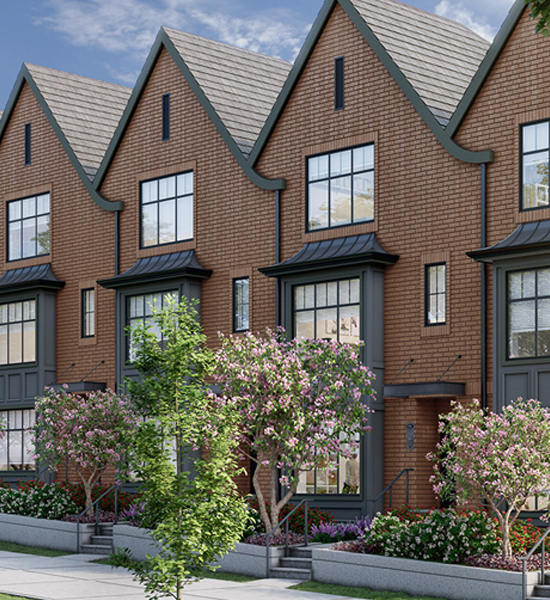-
emaloof@aol.com Drop us a line
-
1.919.587.1788 Make a call

Homeowners’ Association (HOA) boards play a pivotal role in managing residential communities, ensuring they run smoothly and maintain their value. Comprising elected members from within the community, HOA boards oversee various aspects such as property maintenance, enforcing community rules, and managing finances.
In addition to day-to-day operations, HOA boards also handle long-term planning and strategic initiatives. This involves budgeting for maintenance projects, capital improvements, and reserve funds to address future needs. Transparency in financial matters and decision-making processes is crucial to uphold trust and accountability among homeowners.
Furthermore, HOA boards act as mediators in resolving disputes among residents and enforcing community covenants to maintain property values and uphold neighborhood standards.
Their decisions impact everything from landscaping to amenities and architectural guidelines, shaping the overall quality of life for residents. Effective communication and collaboration within the board are essential to address concerns, implement policies, and foster a sense of community cohesion.
Regular meetings and open forums provide opportunities for residents to voice their opinions, contribute ideas, and stay informed about important developments within the community.
By fostering a sense of responsibility and stewardship among homeowners, HOA boards play a vital role in fostering a harmonious and thriving community environment for all residents to enjoy.

